Action Plan Launched to Tackle Gender Inequality and Bullying in Chemistry
Bullying helpline and childcare grants among measures outlined in Royal Society of Chemistry report that reveals why chemistry has an equality problem.
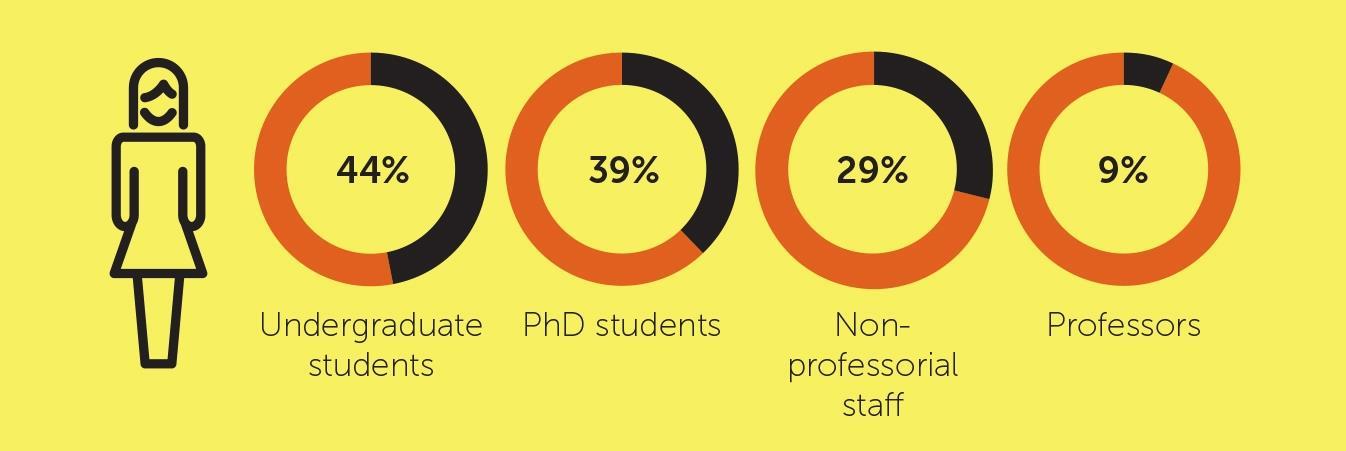
Send us a link
Bullying helpline and childcare grants among measures outlined in Royal Society of Chemistry report that reveals why chemistry has an equality problem.

Swiss university shut down astronomy institute last year where accused professor worked.

The sudden, unexplained removal of a research paper on private equity firms buying dermatology practices has raised questions about corporate influence.
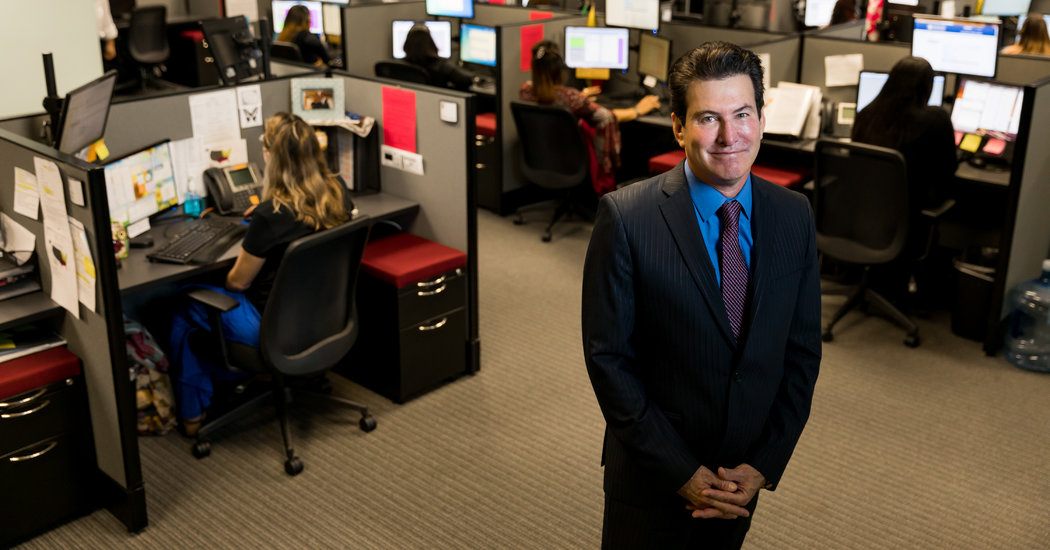
Cancer Research UK will be able to revoke grants if researchers and institutions do not abide by its new behaviour policy.
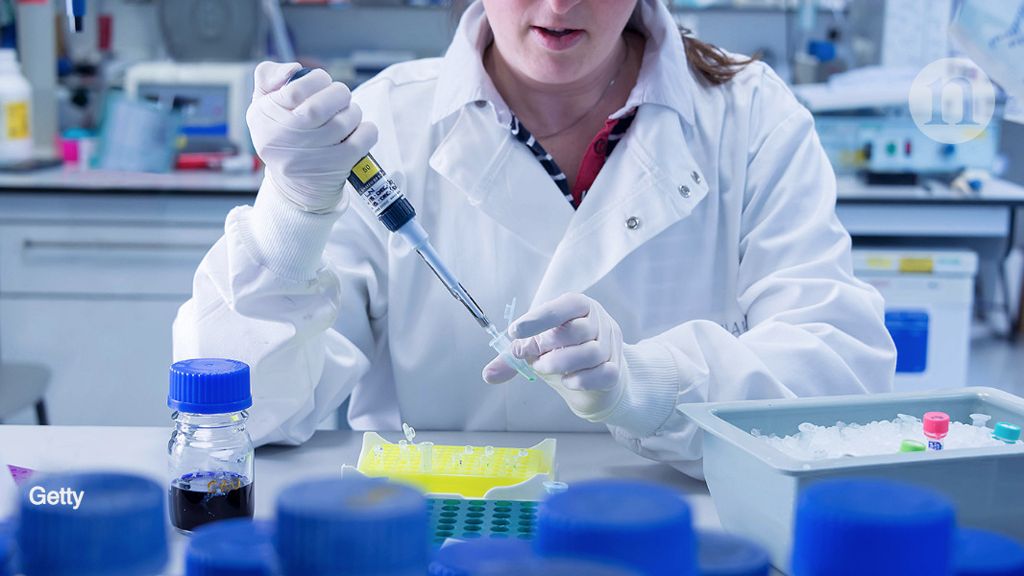
National research council absolves one previously sanctioned lab leader of misconduct, and holds another researcher responsible.
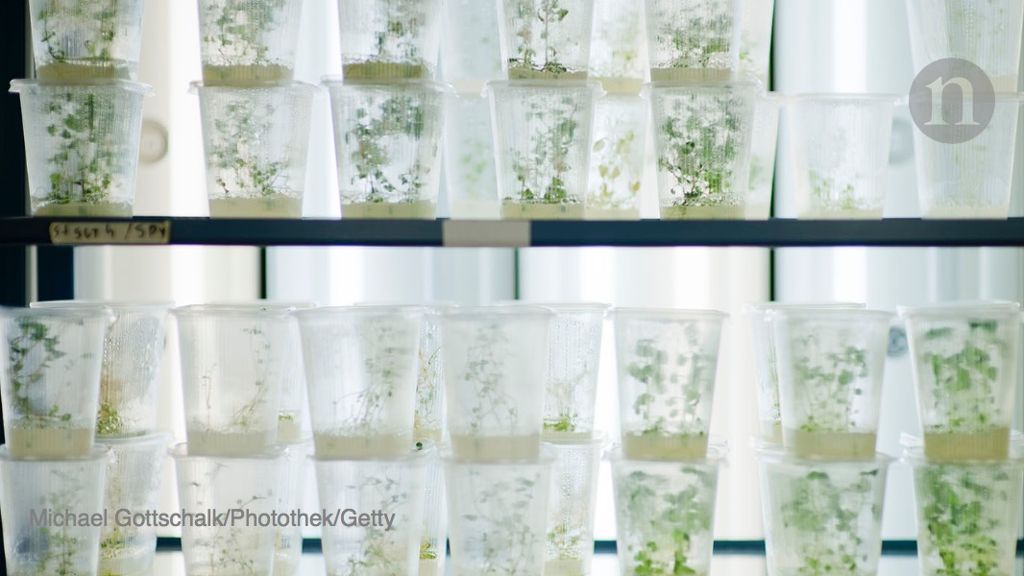
Some 31 studies by Dr. Piero Anversa contain fabricated or falsified data, officials concluded. Dr. Anversa popularized the idea of stem cell treatment for damaged hearts.
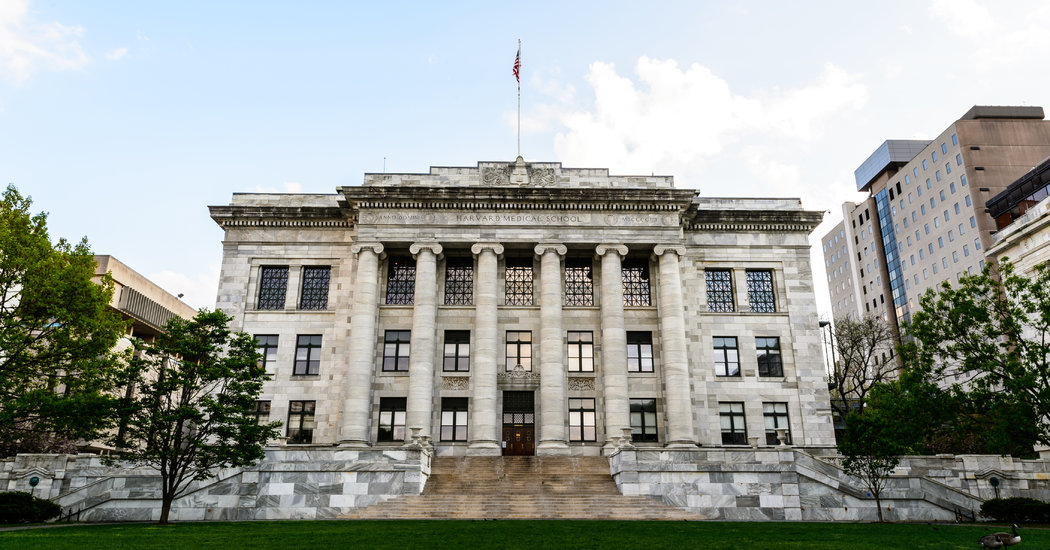
The papers from the lab of Dr. Piero Anversa, who studied cardiac stem cells, 'included falsified and/or fabricated data,' according to a statement from the two institutions.

A Cornell food scientist’s downfall could reveal a bigger problem in nutrition research.

The fall of a prominent food and marketing researcher may be a cautionary tale for scientists who are tempted to manipulate data and chase headlines.
The National Science Foundation's rules for reporting harassment by grant recipients are the strictest yet instituted by a US government science agency.

Rates of sexual abuse and harassment in academic science are second only to the military. It's estimated that at least half of women faculty and staff face.
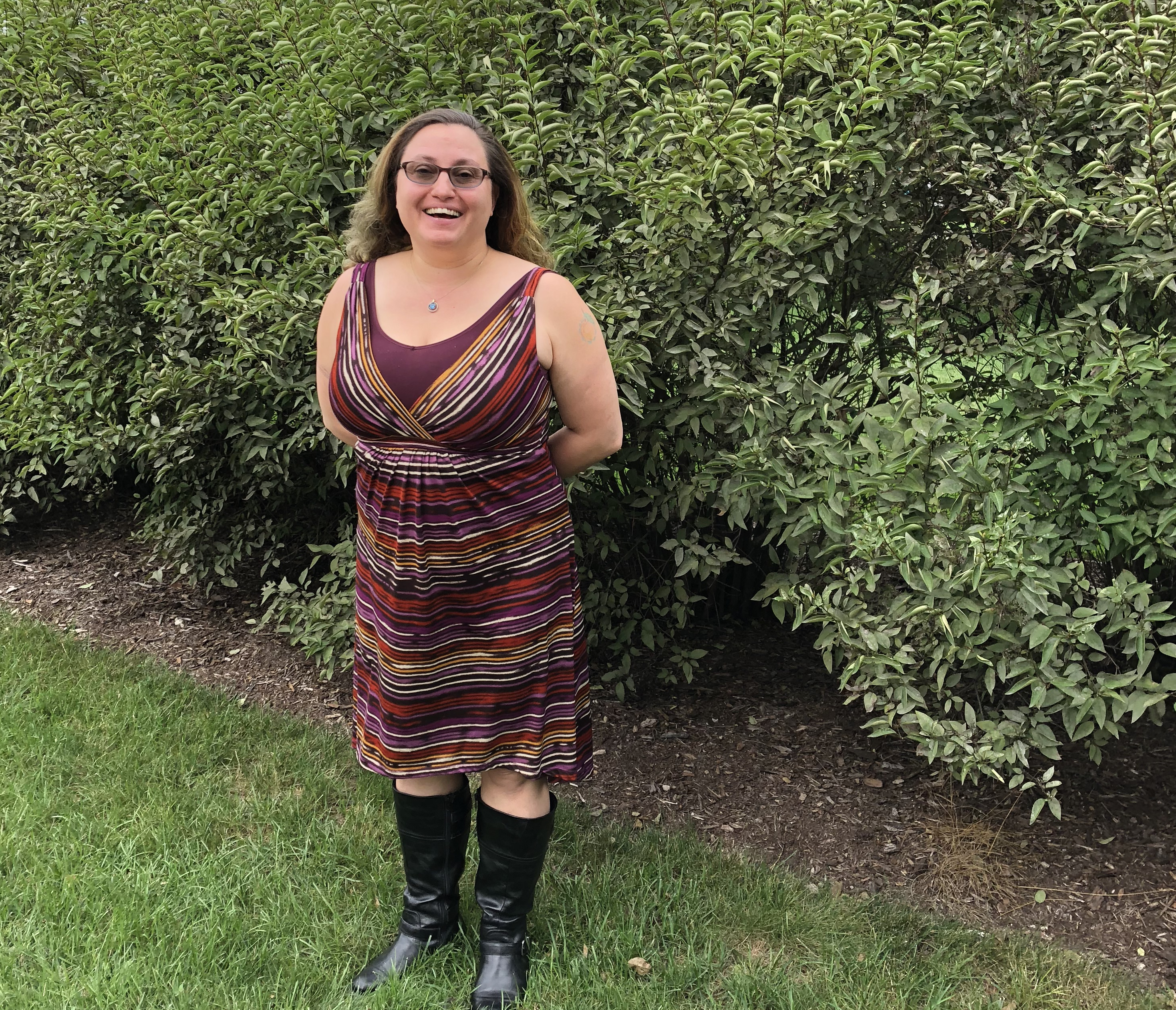
EU rules say clinical trial results must be reported onto the EU register for every trial there within 12 months of the end of the trial, yet no one has ever been sanctioned for breaking the European rules. European academic institutes are lagging far behind companies in complying with the reporting rules.

Study finds that compliance with the European Commission requirement for all trials to post results on to the EUCTR within 12 months of completion has been poor, with half of all trials non-compliant.
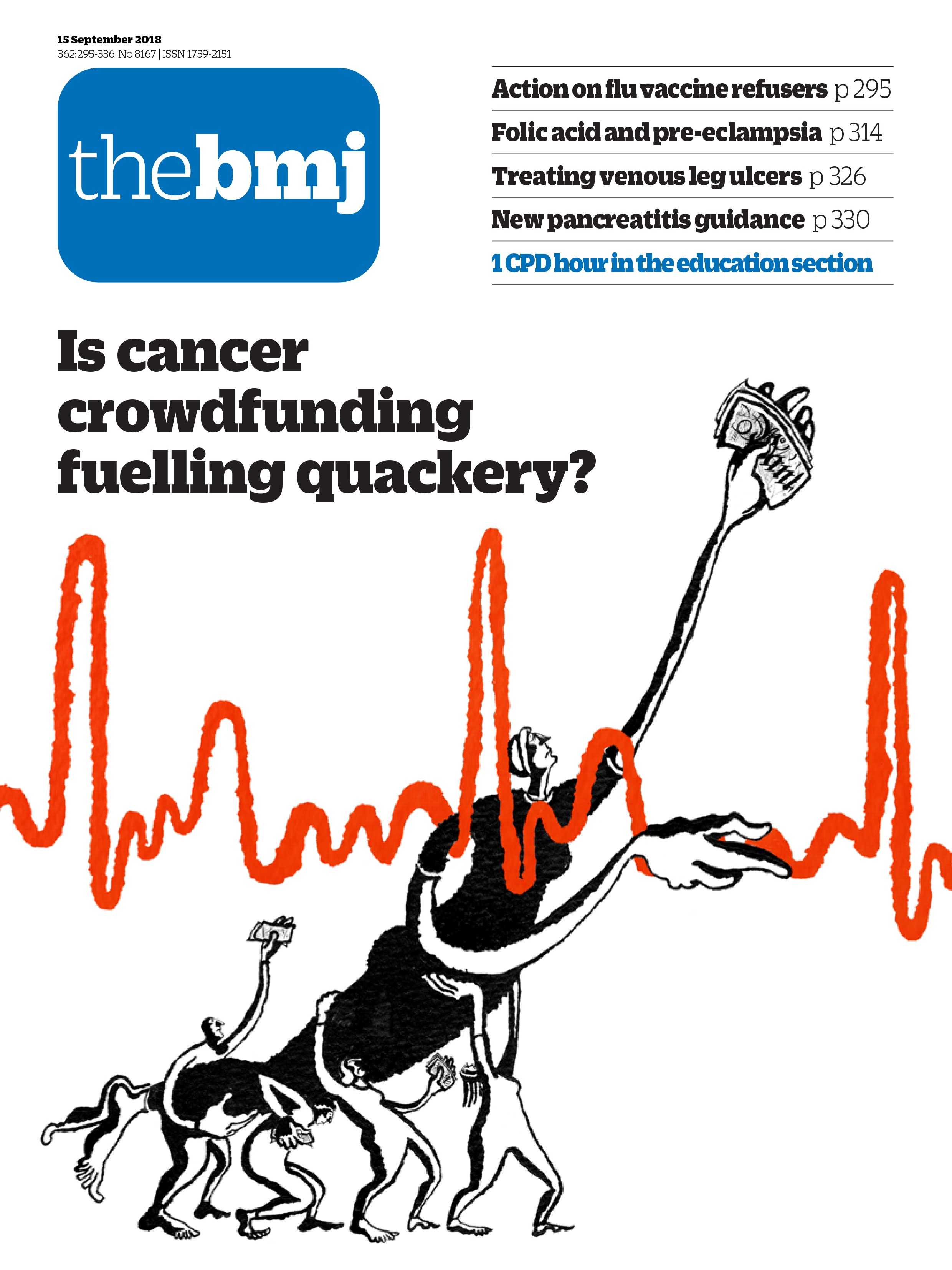
But an investigation confirmed that the study was flawed.
Working conditions in academic labs encourage abusive supervision. It is time to improve monitoring of and penalties for abuse, says Sherry Moss.
If the publishers of scientific journals everywhere enforced a universal code of ethics - if you violate the code, you cannot publish your scientific work - systematic bullies and harassers would be eliminated from their fields.
Scientists pride themselves on being keen observers, but many seem to have trouble spotting the problems right under their noses. Those who run labs have a much rosier picture of the dynamics in their research groups than do many staff members working in the trenches.